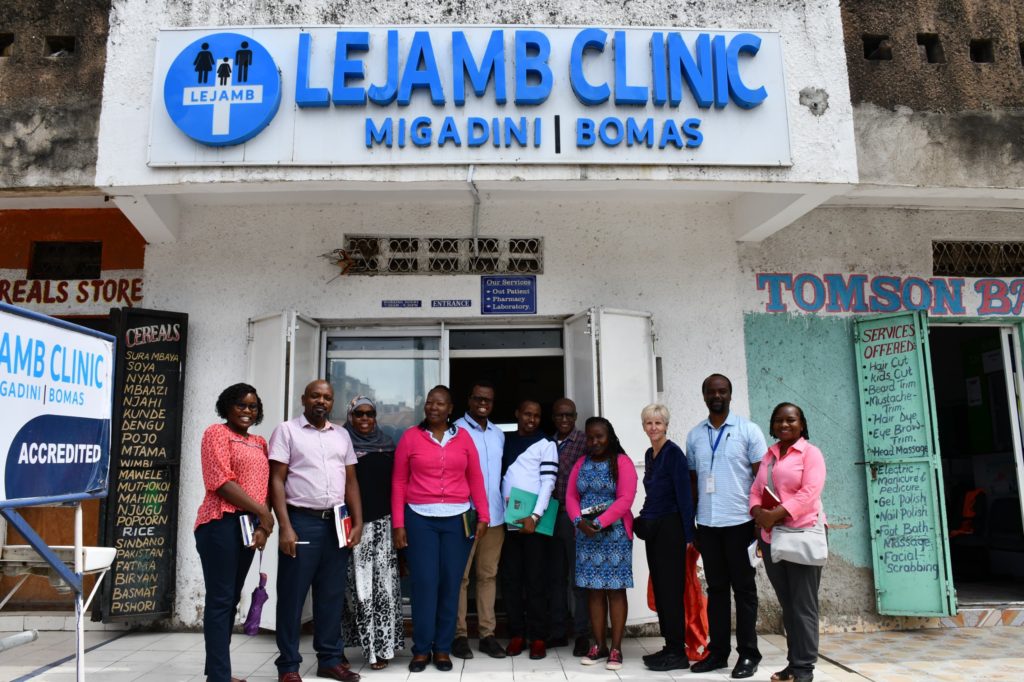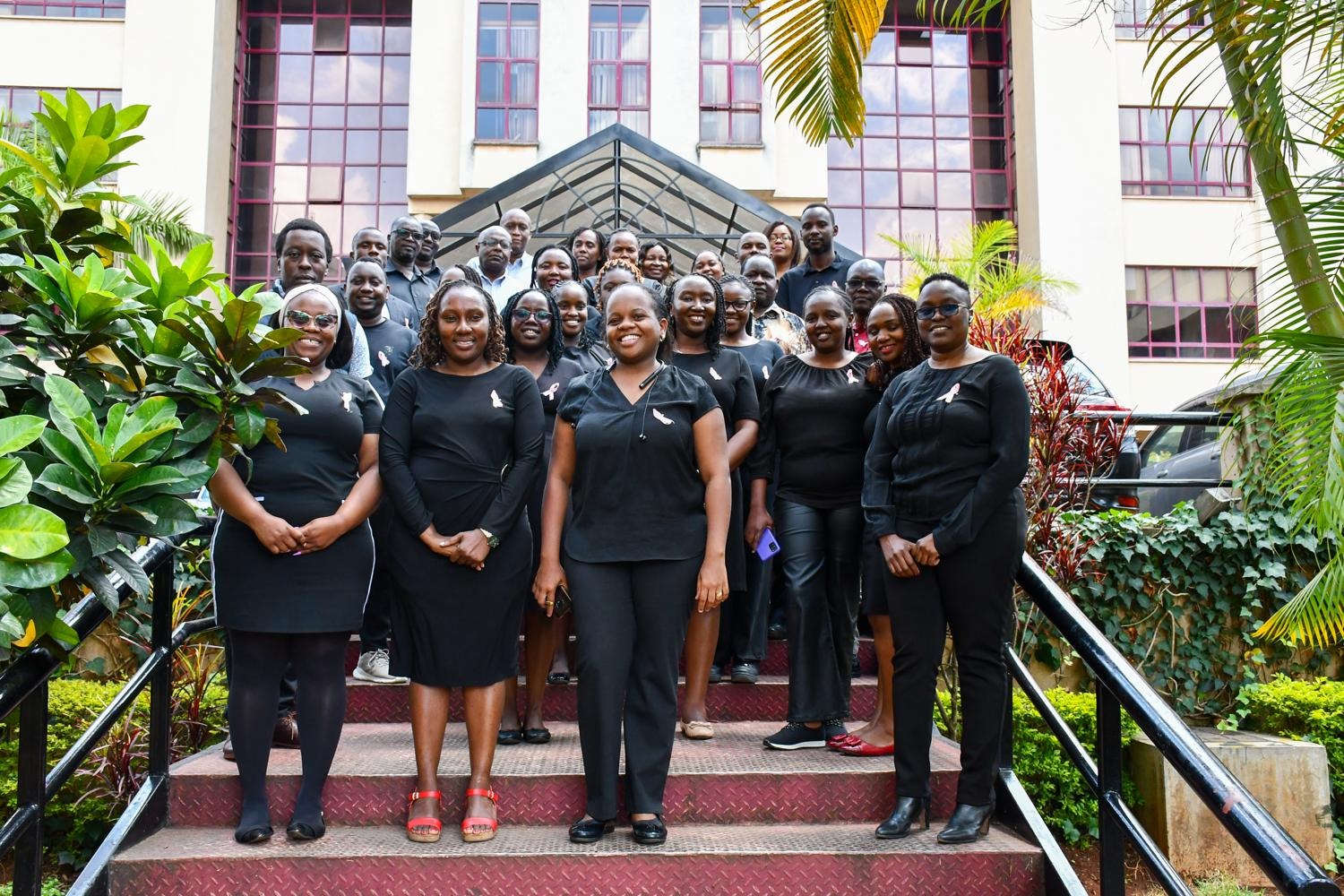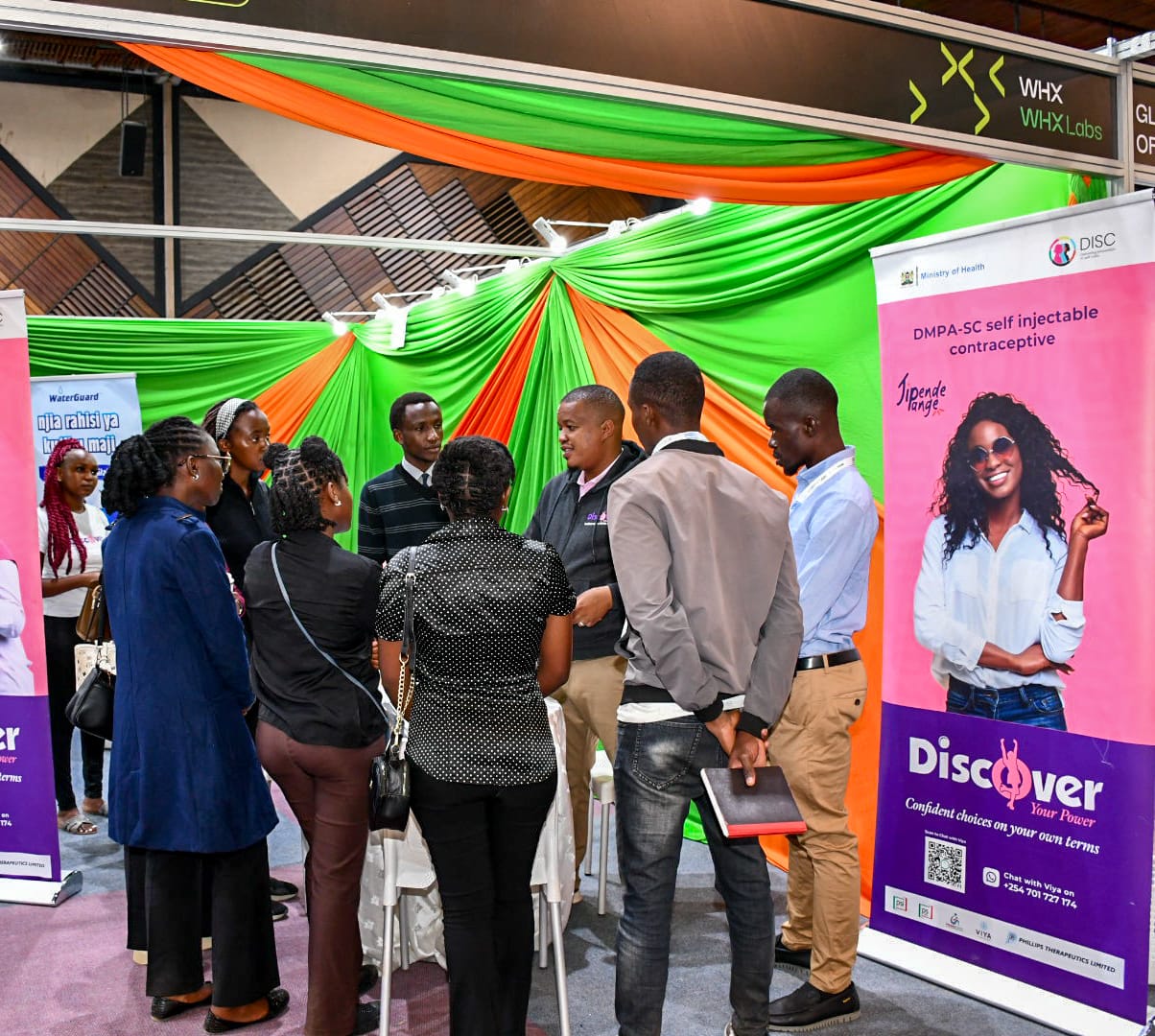The USAID Private Sector Engagement (PSE) Program, led by Chief of Party Sylvia Wamuhu, alongside USAID representatives and in collaboration with officials from USAID Stawisha Pwani Program, recently conducted a visit to Mombasa County, a key implementation area for the program. The visit aimed to engage with critical stakeholders to promote partnerships and advance the program’s objectives while conducting on-the-ground assessments that will help identify specific needs, challenges, and opportunities and ensure tailored and effective interventions.

The visit commenced with a courtesy call to Lejamb Clinic, a facility that began as a pharmacy in 2018 and has since expanded into an outpatient clinic, serving approximately 200 patients per month. Through the support of USAID Stawisha Pwani, the clinic has benefited from training on Decentralized Drug Delivery (DDD) and receives a line list and HIV medication from the county. The clinic employs telephone follow-ups with clients and has a clear referral process. This ensures that there is continuous and personalized care, allowing the clinic to monitor patient progress, address concerns promptly, and enhance patient adherence to treatment plans. Additionally, the clinic provides family planning commodities, including condoms, through the sub-county supply chain system. The facility’s team lead also serves as the sub-county Private Sector Coordinator, aligning all facilities in the sub-county with USAID PSE objectives, particularly in capacity building. Lejamb Clinic is mapped as a pilot for quality improvement under the e-KQMH PSE program. This initiative focuses on enhancing healthcare delivery by implementing innovative digital solutions and improving data management for better decision-making
Following this, the delegation visited Sayida Fatma Hospital, a level 4 Muslim faith-based facility in Jomvu. This hospital is envisioned to become a hub when the Patient Care Network (PCN) is established. The hospital administrator is the team lead in the HIV and TB thematic areas within the Nyali sub-county private sector team. This dual role of the hospital administrator ensures effective coordination and integration of HIV and TB care within the private sector, facilitating the adoption of best practices and innovative solutions. As the hospital evolves into a hub within the PCN, it will enhance access to specialized care and streamline referral processes, ultimately improving patient outcomes. The administrator’s leadership in these thematic areas also supports the implementation of targeted interventions, data collection, and reporting, which are essential for monitoring and evaluating the effectiveness of health programs.
During their visit, the delegation engaged in productive meetings with leaders from the Mombasa County Private Sector Engagement body. The discussions centered on understanding stakeholder needs and exploring ways to optimize private sector resources to enhance health outcomes. Mombasa County benefits from a well-organized private sector support network, with representatives from each of its six sub-counties. This network collaborates on key areas such as support supervision, commodity management, waste management, capacity building, and referrals. Additionally, the county has actively involved the private sector by providing ongoing support and essential commodities, including HIV and family planning supplies. Private sector representatives also participate in Technical Working Groups (TWGs), Continuous Medical Education (CMEs), and referral systems, contributing to the overall effectiveness of the health sector.
However, several challenges were identified during these discussions. These include the need for clarity on referral processes, limited ambulances for patients unable to pay, capacity building on access to finance, and an overreliance on the National Health Insurance Fund (NHIF), which constitutes an average of 70% of their revenues.
The programs also met with officials from the Mombasa County Health Management Team to align on health priorities, create a unified approach to healthcare enhancement, optimize resource use, and ensure that the program’s efforts are effectively integrated with local health priorities, which will lead to better health outcomes for the region. This engagement culminated in the signing of a Memorandum of Understanding (MOU), formalizing the collaboration between the program and the county.
These engagements highlight the program’s dedication to forging strong partnerships and effectively utilizing private sector resources to drive significant improvements in Kenya’s health market. By focusing on equitable and sustainable health options, the program not only aims to enhance the quality of healthcare services but also seeks to ensure that all Kenyans benefit from better health outcomes. This collaborative approach is crucial for addressing health disparities and achieving lasting, positive change in the country’s healthcare system.



